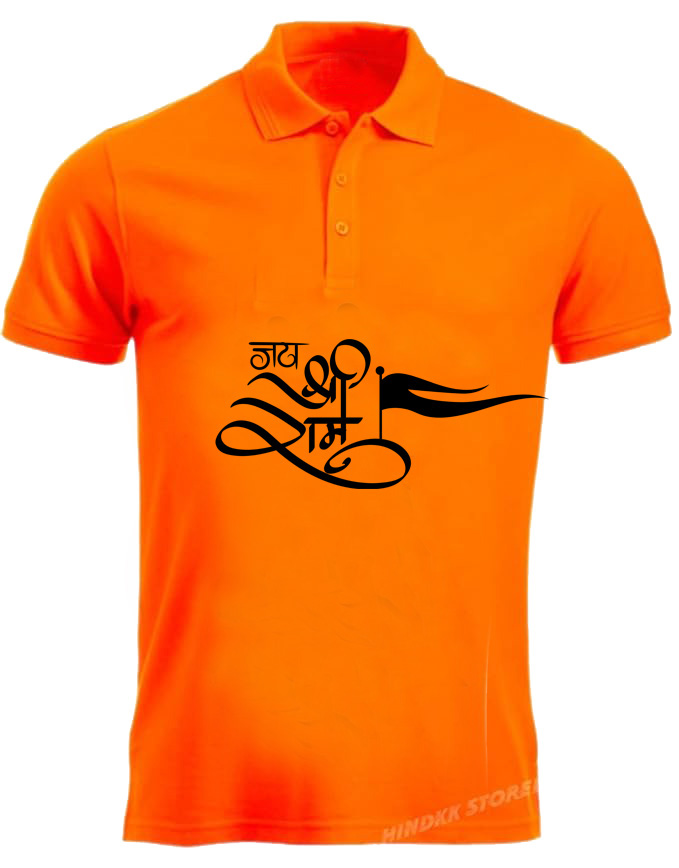With regard to Section 304B of the Indian Penal Code (IPC), which punishes the dowry deaths of wives, the Delhi High Court has stated that a husband’s extramarital relationship or gambling habits cannot be accepted as grounds to accuse him.
The court made a note of it when it granted bail to a man whose wife had committed herself in August 2022, just two years after they had been married.
The Court stated, “Insofar as the petitioner’s extramarital affair or the petitioner’s involvement in betting is concerned, that cannot be a ground for implicating the petitioner under Section 304B IPC.”
In addition, according to Justice Vikas Mahajan, harassment of a woman must be connected to a demand for dowry in order to qualify under Section 304B of the IPC. This means that the harassment must occur before the woman passes away.
The Court said, “The phrase’soon before death’ is a relative statement. Time lag might vary from situation to situation. To qualify as a married woman’s death under Section 304B IPC, the dowry demand must not only be current but also be a continuing cause of death.
Backstory: According to the bail application in this instance, the dead woman’s husband had falsely claimed to be a law graduate who was currently in practise.
Later, the wife learned of both his extramarital affair and his gambling habit. She filed many lawsuits against her spouse, including a divorce petition, as a result of their poor relationship.
The woman committed herself on August 7, 2022, and the court was informed that the couple had been living apart since April 2019, 2021.
Following the woman’s passing, her father accused the man (the deceased woman’s husband) of committing dowry death and filed a criminal complaint against him.
The father of the deceased woman claimed that the accused had met the woman the day before she died and threatened her, which caused her to commit suicide in his statement to the police.
The Court did observe, however, that the woman’s father did not claim that the accused had made any dowry demands when they purportedly met the day before the woman’s death.
The court noted that the woman had previously filed a case accusing him of cruelty under Section 498A of the IPC in 2021, along with an allegation that he had demanded dowry.
The court did point out that the claim was made at the same time the woman left her marital residence and that it relates to a period of time prior to April 19, 2021.
The State agreed that there is no evidence on file indicating the accused demanded dowry after the victim had left her marital home.
The Court then allowed the accused’s release on bond, taking into account the fact that there was insufficient evidence to suggest the woman had been the victim of dowry-harassment “soon before” she passed away.
The woman was reportedly diagnosed with anxiety and depression, it should be noted.
The Court said, “It appears at first glance that the deceased was receiving treatment for anxiety and depression, and the demand for dowry was not mentioned as a stressor or trigger for her said medical issues, as shared by her with the treating doctor.”
As a result, the Court believed that at this point in the proceedings, the accused should be presumed innocent.
The court granted the accused’s request for release while noting that it would be counterproductive to hold him in custody given the possibility of a drawn-out criminal trial.
On behalf of the defendants, senior attorney JP Singh and attorney Surender Singh appeared.
Aashneet Singh represented the State as an additional public prosecutor.
HS Mahapatra, Shiv Verma, Amit Gupta, and Roshni Singh appeared on behalf of the plaintiff.








